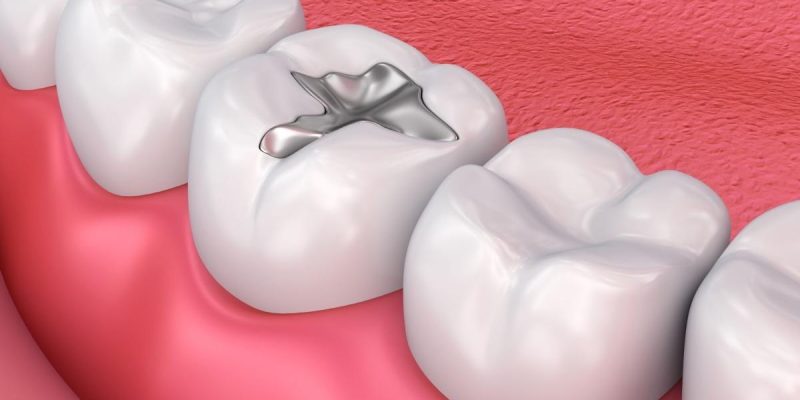When you need a dental filling, you have choices. Understanding the different types of dental fillings is important for maintaining your oral health. You may feel overwhelmed when discussing options with your Stony Point dentist, but knowing the types can ease your decision. Fillings restore damaged teeth, protecting them from further decay. Each filling type has its benefits and drawbacks. Your dentist considers your needs, budget, and dental health before recommending one. Composite resin offers a natural look, blending seamlessly with your teeth. Amalgam is durable and lasts for many years. Gold is strong and resists wear but can be more expensive. Ceramic provides an appealing look but may require more than one visit. Each type plays a role in keeping your teeth in top shape. Explore these options with your dentist to find the best solution for you.
Composite Resin Fillings
Composite resin fillings are popular for their natural appearance. They blend with your tooth color, making them ideal for visible teeth. Dentists use a special light to harden the resin after application, allowing for quick completion. However, they might not last as long as other materials, especially for larger fillings. They are suitable for children and adults alike.
Amalgam Fillings
Amalgam fillings are silver-colored and have been used for decades. They are strong and withstand heavy chewing forces. This makes them perfect for molars. Amalgam is a cost-effective option, but it is not as visually appealing as other materials. Some might avoid it due to its mercury content, though studies by the FDA confirm its safety in adults and children over six.
Gold Fillings
Gold fillings are durable and can last more than 15 years. They do not corrode and withstand chewing pressure well. Many dentists consider gold to be the best material for fillings, but its cost is a consideration. Gold fillings require more than one appointment, as they are made in a lab and then cemented into place.
Ceramic Fillings
Ceramic fillings, often made of porcelain, also match the natural tooth color. They resist staining better than composite resin and are durable. Ceramic fillings can be more expensive and may require multiple visits. They can last over 15 years if cared for properly. They are ideal for those who prioritize aesthetics.
Comparison Table of Dental Fillings
| Type | Appearance | Durability | Cost | Visits Required |
|---|---|---|---|---|
| Composite Resin | Natural | Moderate | Moderate | One |
| Amalgam | Silver | High | Low | One |
| Gold | Gold | Very High | High | Two or more |
| Ceramic | Natural | High | High | Two |
Choosing the Right Filling for You
Your choice depends on several factors, including the location of the filling in your mouth, your budget, and how long you want the filling to last. Composite resin is a solid choice for visible teeth. Amalgam works well for back teeth. Gold and ceramic are premium options providing excellent durability and aesthetics.
Conclusion
Understanding these options helps you make informed choices about your dental care. Your dentist will guide you in selecting the right filling. Remember, regular check-ups and good oral hygiene are key to prolonging the life of any filling. For more information, visit the CDC for guidelines on dental amalgam and other fillings. Stay informed, stay healthy, and keep your smile bright.





